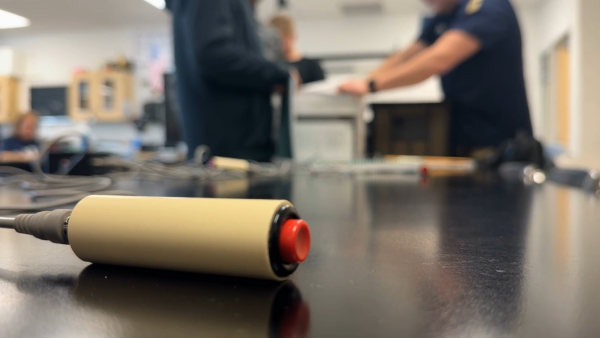Students debate the effectiveness of the SAT
The SAT is a crucial part of the college admissions process, but some students believe that it has run its course as a factor in applications.
February 27, 2023
In recent years, students, teachers and college admission officials alike have begun to debate the effectiveness of the SAT as a measure of academic competence and prowess. With the SAT being the most widely used standardized college entrance test with over 20 states centralizing it in their state curriculums, this revelation of its outdated structure has caused shifts in the education community.
For students, their feelings about the SAT are simple. Due to its great factor in determining college admission chances, many students stress and work hard to ensure they get the best score possible. Often, this leads to students not increasing their intellectual capacity, but rather learning strategies and tricks to beat the system.
“The SAT is not valid because it does not measure your skill that well,” senior Jo Jadhav said. “It is a game that you have to beat, with time management and strategy.”
Other students feel that the SAT is unfair due to the material in the test itself. The SAT tests everything from precalculus to advanced math. Following the classic progression of math topics in high school, some juniors do not learn the topics they need for the SAT before taking the test. Moreover, some students transfer from non-English speaking countries, so even if they are flexible with mathematical concepts, their lack of fluency in English can tank their scores.
“I did well on the math section of the SAT,” junior Sathya Mitiran said. “But the questions and passages were confusing in the reading section for me. I lost all my marks there when otherwise I would have gotten a better score.”
There are still arguments in favor of the SAT, however. Math Department Chair and AP Statistics teacher Jacqueline Palmquist feels that the SAT is neither a force of evil nor a perfect test.
“The SAT is a system to find who is the best test taker,” Palmquist said. “It serves as a predictor of how well you will thrive in college. It is not a holistic measure of your intelligence; it is a sorting tool colleges use to pick between equally talented students.”
The SAT has existed in some form since 1926. However, as more and more colleges have gone test-optional, Palmquist feels that it may join past defunct factors that used to sway admission decisions.
“[Colleges] have already done away with class rank and GPA for the most part,” Palmquist said. “Demonstrating your academic perspicacity in a standardized setting is difficult, and there is not a perfect tool for it. The SAT just happens to be the best colleges have so far.”
The attitude of most students is not as impartial; the commonly-held view remains that the SAT causes too much stress for a single three-hour assessment.
“The SAT itself is outdated,” junior Harish Shankar said. “We need to replace it with something better.”



















